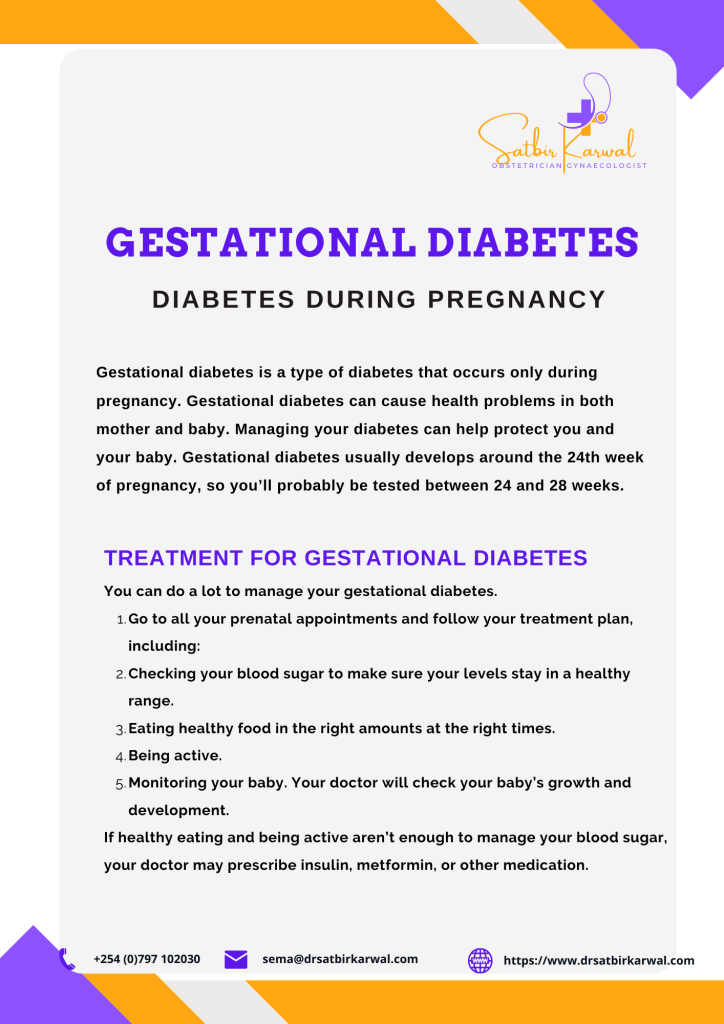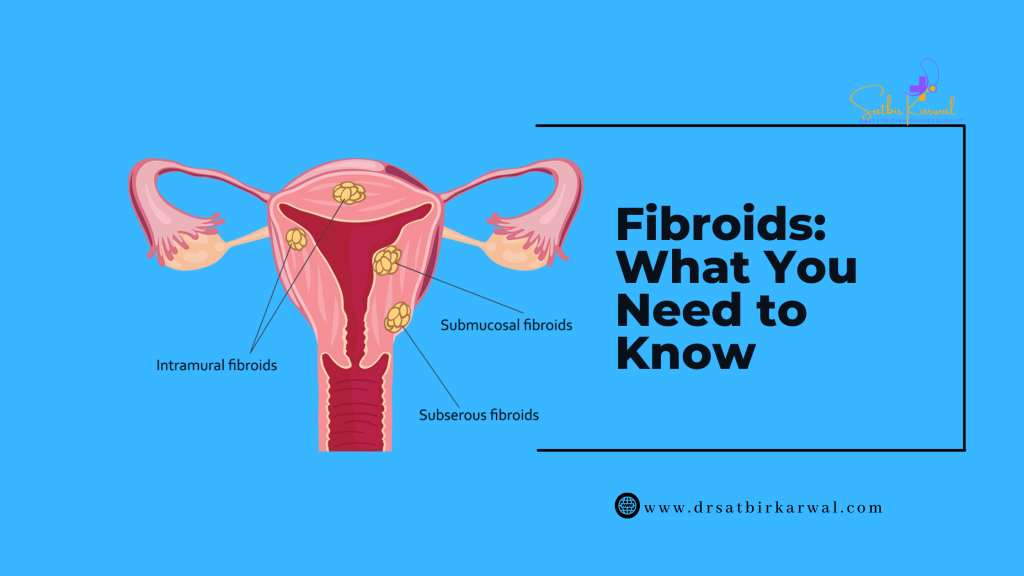
- KEY POINTS
- Pregnant people who have gestational diabetes can and do have healthy pregnancies and healthy babies.
- Most pregnant people get a test for gestational diabetes at 24 to 28 weeks of pregnancy.
- If untreated, gestational diabetes can cause problems for your baby, such as premature birth and stillbirth.
- Gestational diabetes usually goes away after the baby’s born; but if you have it, you’re more likely to develop diabetes later in life.
- Talk to your health care provider about what you can do to reduce your risk for gestational diabetes and help prevent diabetes in the future.
What is gestational diabetes?
Gestational diabetes is a condition in which there’s too much sugar in the blood. It occurs only during pregnancy. Gestational diabetes can cause health problems in both mother and baby.
What Causes Gestational Diabetes?
Gestational diabetes occurs when your body can’t make enough insulin during your pregnancy. Insulin is a hormone made by your pancreas that acts like a key to let blood sugar into the cells in your body for use as energy.
Gestational diabetes is sometimes related to the hormonal changes of pregnancy that make your body less able to use insulin. During pregnancy, your body makes more hormones and goes through other changes, such as weight gain. These changes cause your body’s cells to use insulin less effectively, a condition called insulin resistance. Insulin resistance increases your body’s need for insulin. Genes and extra weight may also play a role.
Gestational diabetes often has no symptoms, or they may be mild, such as being thirstier than normal or having to urinate more often.
Tests & Diagnosis
Your doctor will test you for gestational diabetes between 24 and 28 weeks of pregnancy. Tests include the glucose challenge test and the oral glucose tolerance test (OGTT). If the results of the glucose challenge test show high blood glucose, you will return for an OGTT test to confirm the diagnosis of gestational diabetes.
Management & Treatment

You can do a lot to manage your gestational diabetes.
- Go to all your prenatal appointments and follow your treatment plan, including:
- Checking your blood sugar to make sure your levels stay in a healthy range.
- Eating healthy food in the right amounts at the right times.
- Being active.
- Monitoring your baby. Your doctor will check your baby’s growth and development.
If healthy eating and being active aren’t enough to manage your blood sugar, your doctor may prescribe insulin, metformin, or other medication.
For more information call us on (+254) 797-102-030 or book an appointment or visit us at Shree Swaminarayan Hospital. MAP HERE





